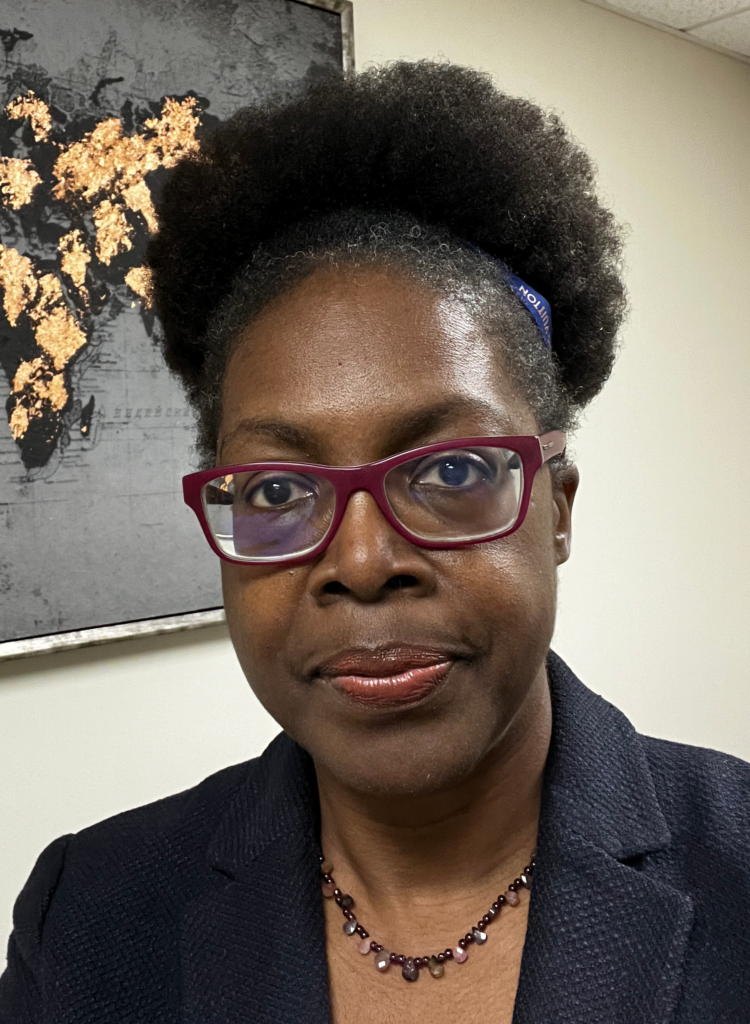Interview conducted by Greg Nedved
- How did you get involved in Seedtime Multilingual?
I moved from Nashville to the Gulf coast of Mississippi, following my love interest. After we married, my husband and I agreed to move forward with my long-term desire to start a language-culture organization to share in my passion for language and cultural awareness.
- Seedtime Multilingual is an interesting name. What is its origin?
Growing and planting is a strong analogy to life, and I wanted to represent this in some way. Referencing a scripture that resonates with me, “as long as the earth remains, there will be Seedtime and Harvest…” Genesis 8:22. learning begins with a seed, and like planting, the seed requires fertile ground, nurturing from the sun and other sources. Our organization wants to nurture and incubate learners, preparing them for advancing in language acquisition and cultural competence.
- Your Portfolio Format approach is unusual. How did you determine the portfolio? What is the connection to “One Teach, Two Learn?”
My Teaching Portfolio is the result of my final graduate school requirement; may be equated to a capstone project for business school. I earned the Master of Arts Degree in Foreign Language Teaching (December 2022) from Michigan State University. I viewed the assignment from the perspective of an emerging teacher, relying on aspects of pedagogical knowledge, my teaching experiences, and rigorous academic research, achieving a 4.0 GPA. The Portfolio represents my academic achievements; but also on an interpersonal level, highlights my passion and skill in teaching and learning Japanese language.
I do not recall when first saw the quote: “One Teach Two Learn.” It resonates with my philosophy that teaching is a very noble experience. It is an interaction between pupil and teacher but also goes beyond the physical experience, where the teacher is also the receiver of an education. The path between knowledge and knowing is a shared one.
- What has been the biggest obstacle Seedtime Multilingual has faced so far?
Certainly, developing partnerships and collaborations with local stakeholders has been an obstacle to reaching students; but it has the effect of strengthening my resolve. I am more determined to promote the growth of our organization and achieve milestones toward its mission.
- What is Seedtime Multilingual’s biggest success story?
There are two main events that represent good success for Seedtime Multilingual. My Summer camp project with the Girls & Boys Club of the Gulfcoast a few years ago, resulted in reaching over 125 students, from four sites, who studied Japanese Language during a summer program. It is from this program that I met a student at the East Biloxi site, whose ability to succeed in Spanish was limited due to his dyslexia and autism. Where he could not succeed in Spanish, he has been remarkably successful in his Japanese language. He has remained my student for over two years, combining his Art aspirations with Japanese language to set him on a career path. In his words: “I love my Japanese Language class.”
- You offer services to a wide variety of organizations. Who have your customers mostly been?
My initial goal was to work with individual students; started free classes at the Orange Grove Library in 2018 – 2019 and marketing to anyone who was interested in Japanese. I also conducted an English Language course at the library in Woolmarket, for adult L1 Spanish-speakers, improving their English and in 2020, hosted an adult Spanish class at my office. These efforts proved frustrating because I lacked the ability to develop an immersive environment, without running myself and our Spanish teacher, ragged. We now host group classes, learners from schools, organizations, and institutions in connection with the Robotel, Inc. language learning platform.
- Why are you focusing on only certain languages (perhaps this is resources-related)?
We are still an infant organization; as we engage and produce successful outcomes, collaborations with literacy organizations; providing content-based language for business, we anticipate expanding capacity and courses.
- What organization has been your role model?
To my knowledge, there are no organizations for us to design around, Seedtime Multilingual, Inc., is charting new ground in the state and may be the model for others to adopt.
- How did you recruit your staff?
At various times in the organization, I have had office assistance. We prefer to use teachers under a 1099 Form, consultants for short-term programs. For the long-term, we anticipate grant support for hiring. With a new strategy focused on volunteers and collaborating; recruiting will not be an issue.
- How did COVID impact your organization?
During and after Covid-19, our courses have been designed for live-on-line access. Workshops and Introductory Lesson can be held on site, but the 8-week and 24-week courses are planned for on-line delivery.
- You are being interviewed by the National Museum of Language. What should be the role of a language museum in your view?
Although I have no experience with museum, I can focus on a hypothetical. If I were leading a language museum, my efforts would be on exposing language and culture not only from the perspective of the various groups but also from distinct groups discussing their perceptions of others (without othering). It would be my mission to celebrate language and culture but also exist to fill a gap between social and economic (socio-economic) intersections of language in the U.S. i.e., becoming a platform for shaping policy around language learning-teaching, and cultural awareness.
- What is your own language journey?
A full disclosure of my language journey is available in my Teaching Portfolio at: http://www.iteachlanguageportfolio.com
- What’s next for you/what is your next language project?
We are seeking opportunities to collaborate with community organizations at career fairs, STEM/STEAM camps, and promoting our Business Spanish course to social service and healthcare organizations.

